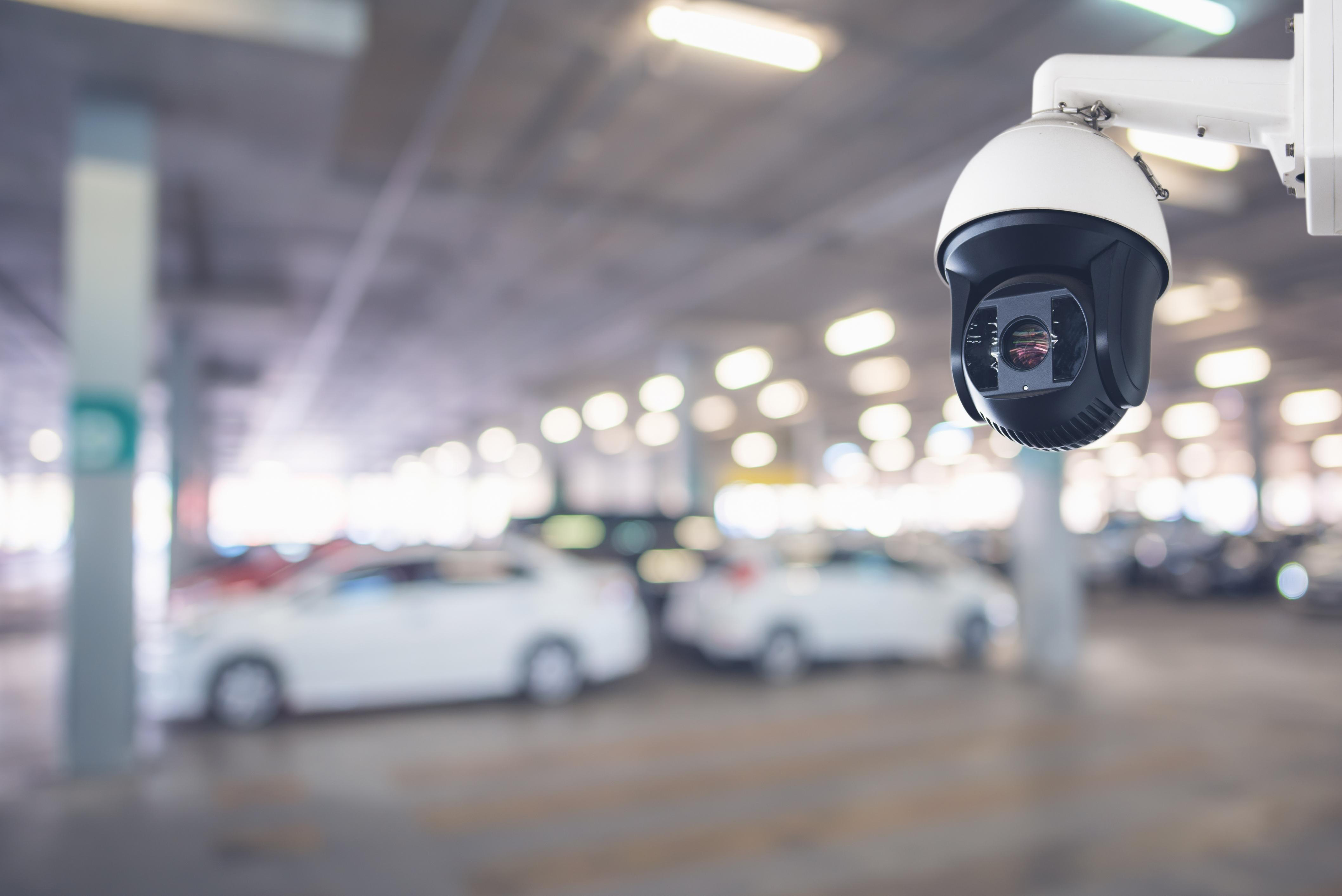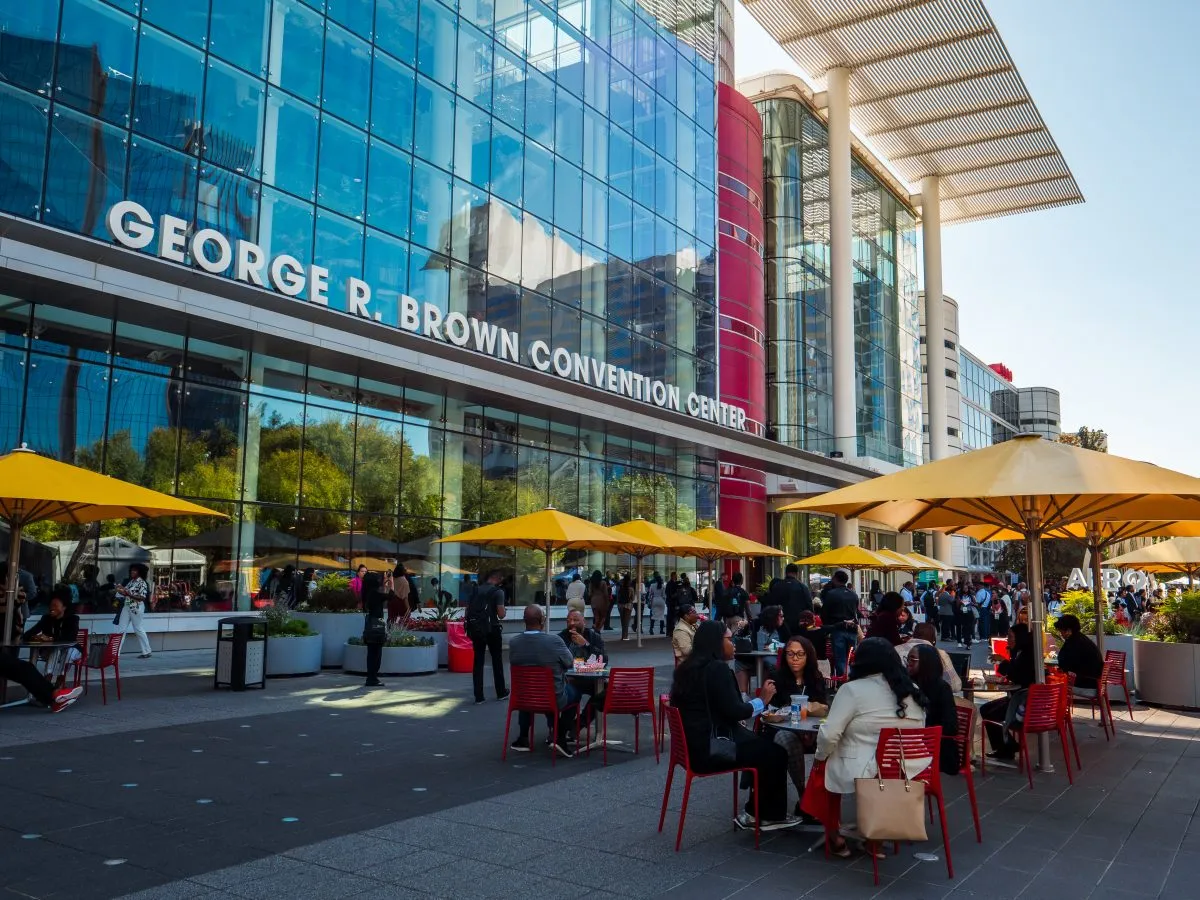Getting (Nearly) Caught in a Natural Disaster and What I Learned

Skift Take
##abovethefold##
I’m writing this article 1,000 miles away from my home. We left two days ago, evacuated ahead of the largest hurricane in the Atlantic. As I write this, the city I call home is paralyzed by a Cat-4 hurricane. Most of those I know chose to stay. They believed some amazing power would keep the Tampa Bay area from sustaining a direct impact and yet no one shared this with Hurricane Irma.
I evacuated twice before this storm. The first time I heard it was headed towards us, I piled a few belongings that couldn’t be replaced by insurance money, my kids, and my dog into my mid-size Sedan (without air conditioning in 92-degree heat) and headed up the road. Fifty miles and three hours later, I turned around. I just couldn’t do it. The kids were over-heating. The dog tried to jump out of the window of our moving car three times. Everyone I knew in the area was telling me I was foolish to leave. Storms never hit Tampa Bay. Hurricane Charlie turned at the last minute and Irma would too. So I went home, prepared for the gentle jeering I would receive.
The next day, a new set of predictions descended on us; these even further to the west. This was no longer an East Coast storm. And I took off again. This time with a plan and a rental car. I was leaving nothing to chance. We would evacuate on side streets and persevere. And we did.
But it’s important to note, as trying as our evacuation was... in the case of a natural disaster, the biggest struggle isn't the actual disaster, but the aftermath.
The reason I share this, is that just as an evacuation plan was essential to our success in avoiding the storm, so is a disaster plan crucial to the success of your event. Whether it’s a natural disaster that hits right before you’re scheduled to travel to a destination event, or one that happens while there, it’s critical to know how you’ll handle things like coordinating schedules, cancellations, and evacuations. Crisis management is crucial.
When I evacuated, the governor of the state was telling people like me not to evacuate because we weren’t in immediate danger and lots of others were. I ignored him and evacuated anyway. Two days later, Irma’s knocking on my door and I feel fortunate that I’m not there.
But where do you begin and what types of things do you factor in?
The answer is easy – everything.
Disaster Events Are Critical
As an event planner, there are a number of different types of disasters that you might face. There are predicted natural disasters like hurricanes and those that crop up with little notice like fires, riots, earthquakes, and tornados. There are also issues that can arise with your event such as a communicable disease break-out or terrorism incidents.
The timing of the event also makes a difference. Does it hit a few months before your event leaving you with a small window of opportunity to plan elsewhere? Or maybe it occurs immediately before your event, leaving people stranded at airports. Or worst case scenario, you’re there at the event when it happens.
When creating an event planning disaster plan you need to consider the following issues for each of the above scenarios. Treat each type of disaster as a chapter in your event planning document and cover each of the what ifs below.
- Where is your event? What potential disaster is possible or likely based on area and time of year?
- What is the geography of your location? Is it an island or a peninsula that may make evacuation difficult?
- Is the majority of your attendees local or traveling to reach you?
- What are local authorities bound to do? Will evacuation be mandatory, if so, what makes it so? Often, evacuations for hotel guests are mandatory even if they’re not for locals. I was on vacation in Key West at the time of Hurricane Ivan and non-residents were evacuated a day before residents. In a destination like that with only one way out by land, they take evacuation very seriously and sheltering isn’t always an option for guests. It’s important to know what local authorities will expect of you and your group.
- Understand cancellation policies with your venue. Also, know if your venue is a shelter in the case of natural disaster. It’s important to understand this as those with dire needs could be placed above your attendees. In Florida, older residents and those with medical conditions are given preference for some shelters.
- Consider cancellation insurance. This came in extremely handy to the American Association for Cancer Research when severe acute respiratory syndrome (SARS) hit Toronto. However, it’s important to note many insurance companies no longer cover conferences canceled due to things like SARS. Know your coverage before you assume you are protected from disease outbreaks.
- A list of medical needs for your attendees. This includes anyone who needs additional evacuation assistance, medicines, and other special consideration.
- Who your attendees have with them. More and more people are using conferences and trade shows as mini vacations taking significant others and families with them. In this case, you’re not just responsible for attendees but their travel companions as well. This could mean young children.
- Decide who will make the final decision. In natural disasters in particular, there’s a lot of information and differing opinions. We almost didn’t evacuate because indecision is a huge factor when weighing the options. Decide who has the ultimate say in implementing the plans.
Again, when creating a plan, factor in protocols for the following scenarios:
- Issue occurs before your event
- Issue occurs during travel days of your event
- Issue occurs while you’re there
Also factor in responses to the following, as how you handle these will vary on the severity and occurrence:
- Predictable natural disaster (like a hurricane)
- Unpredicted terrorist activity or civil unrest
- Unpredicted natural disaster (like a tornado)
- Escalating crisis (like a communicable disease)
Additional Things You Need in Your Disaster Planning Document
- Emergency contact information for all attendees and staff members.
- Communication plan of how you will notify everyone should a disaster occur right before your event.
- Evacuation information for the area. For instance, if you’re on an island it’s important to have a contingency plan for evacuating or sheltering in place. Keep in mind small islands also have small airports.
- Limited resources will occur in an evacuation situation. Things like gas, lodging, food, water, and others will be gone quickly. What will you do when they are?
- After the disaster passes, your concerns do not fix themselves immediately. Electricity can take weeks to be turned back on, gas can be hard to come by even for people who want to leave, water and food shortages can exist because trucks are unable to access the area, and businesses can be closed. Factor in all possibilities giving thought as to how you will access food, water, and get people out afterward.
In Conclusion
Every one of your events should have a disaster planning and recovery plan. You should address all different kinds of disasters and their timing. What will you do if it happens just before your event? How about if the evacuation or devastation occurs while you’re there? Your contingency plans will be drastically different between a last-minute scramble for a venue and a last-minute scramble to get out of town.
Some people expect these types of super storms and natural disasters will continue to escalate as a result of global warming. While we may not be able to stop them, it’s important to have a plan in place that takes into consideration a myriad of different approaches and scenarios.
Additional Information About Disaster Situations and Planning
10 Events that Take Security Seriously
Damage Limitation When You Need to Cancel Your Event
Event Security 2.0: 10 Questions Event Planners Need to Ask Their Venues




